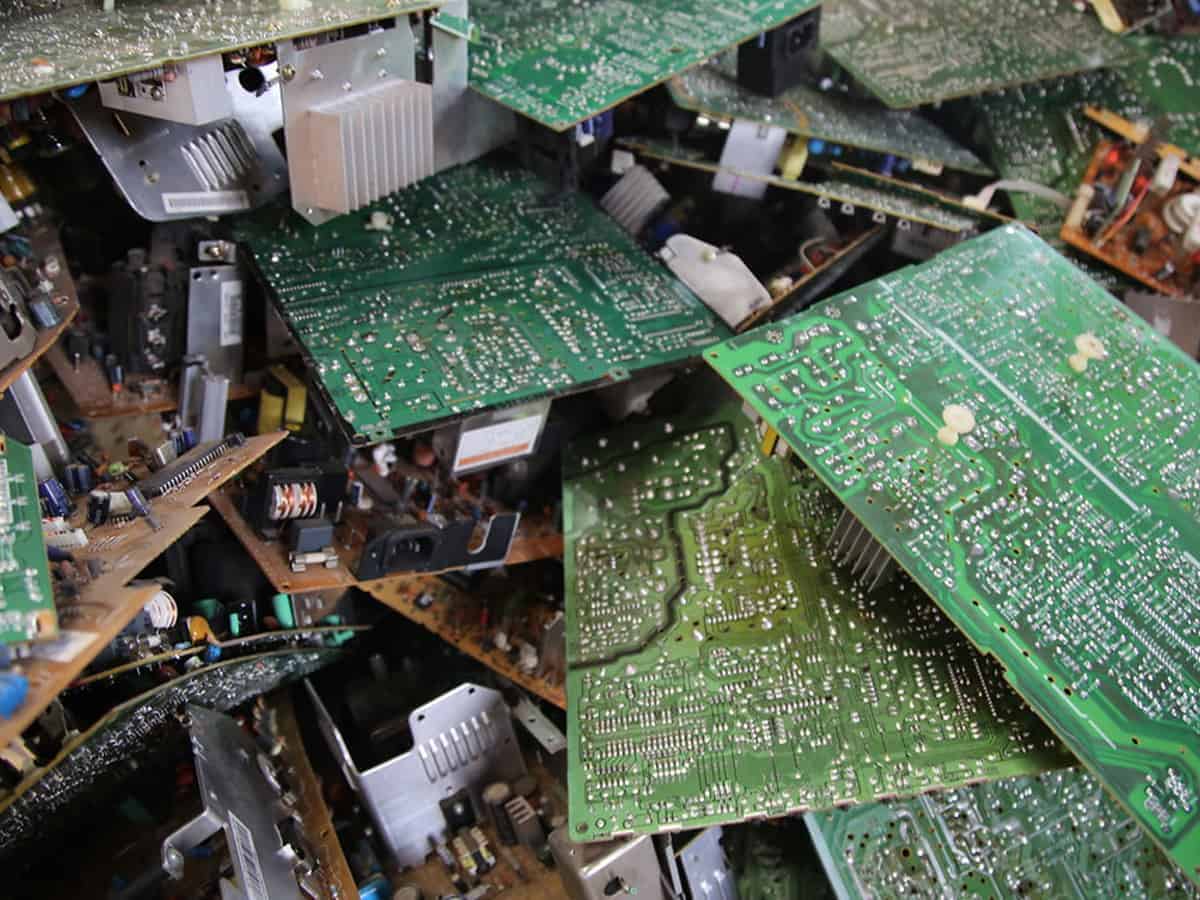
New Delhi: Stating that the proposed draft E-waste Management Rules of 2022 totally disregards the role and responsibilities of dismantlers or Producer Responsibility Organisations (PROs), the Indian Federation of Reverse Logistics (IFRL) has demanded the government to recognise their position in the Extended Producer Responsibility value chain and not rid them of their livelihoods.
Considering the hazardous materials, and other things such as plastic and other metals, are the end product of e-waste recycling chain and while applying the concept of circular economy — in simple terms, the output/waste at the end of the product cycle feeds back into the same chain or becomes raw material for some other product — the e-waste management rules of 2016 had defined the roles of and responsibilities of the entire value chain.
Since the E-waste Management Rules 2016 were applicable, more than 75 PROs and over 400 dismantlers started shop across India. These acted as a valuable bridge between the producer and the recycler by providing the necessary logistics of bringing together product wise e-waste with quality sourcing and better collection mechanism across the country. “Prior to these rules, the rate of recycling was less than 1 per cent, which is now 4-5 per cent with absolute growth approximately 15X over these years,” the Federation pointed out.
The newly formed Federation comprises companies active in the reverse logistics domain that seek to develop a green supply chain across the country to facilitate collection and channelisation of e-waste and contribute towards creating a circular economy.
The E-waste Management Rules 2022 were floated by the Ministry of Environment, Forests & Climate Change (MoEF&CC) on May 19.
“The ‘Extended Producer Responsibility’ (EPR) has been defined in the Draft E-Waste Management Rules 2022 for meeting recycling targets only through registered recyclers. But there is a need for sustaining the integrated reverse value chain comprising consumers, PROs, collection centres, dismantlers to support the producers, importers, brand owners and recyclers with quality sourcing and better collection mechanism across the country only then there can be better recyclability,” Vijai Singhal, an office bearer of the Federation listed the long list of works/jobs that the PROs carry out.
Pointed out Nisha Banth, spokesperson of the Federation, “It clashes with the monopoly laws and also with the right to lawfully earn a living. The draft rules have left us in lurch.”
“The PROs can continue acting as catalysts in the E-Waste value chain and help make the developed collection mechanism far more robust and integrated reverse value chain, besides supporting the SPCBs & CPCB in E-waste data inventorisation, capacity building exercises aimed at promoting collections from residential colonies, dealers, retailers, bulk consumers, households, office clusters, and the informal sector,” said Banth.
Pankaj Nijhawan, another office-bearer, pointed out how it was an NGT decision regarding the e-waste mismanagement at Moradabad (in Uttar Pradesh) that had prompted the 2016 Rule. He asked, “With the PROs missing in the value chain, do we want more Moradabads?”



